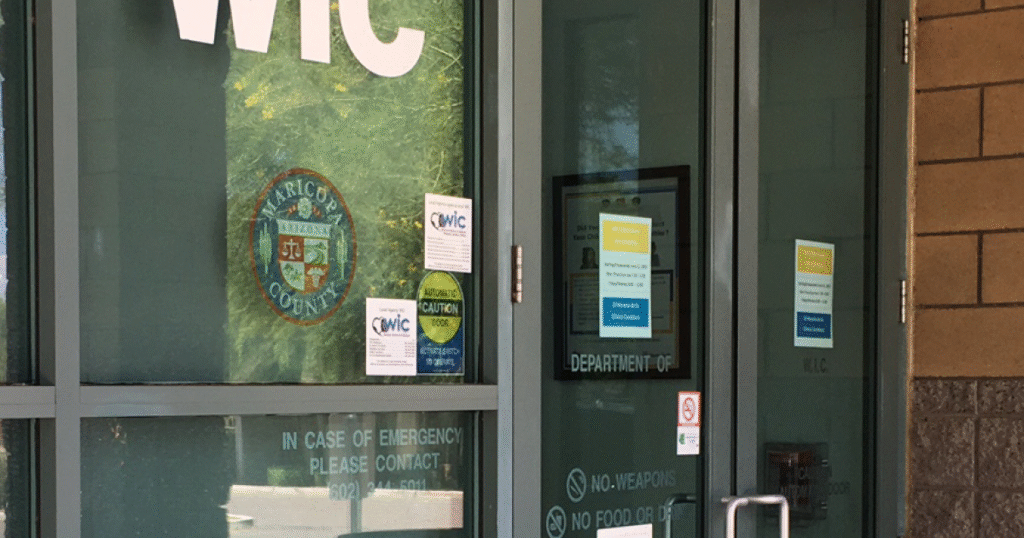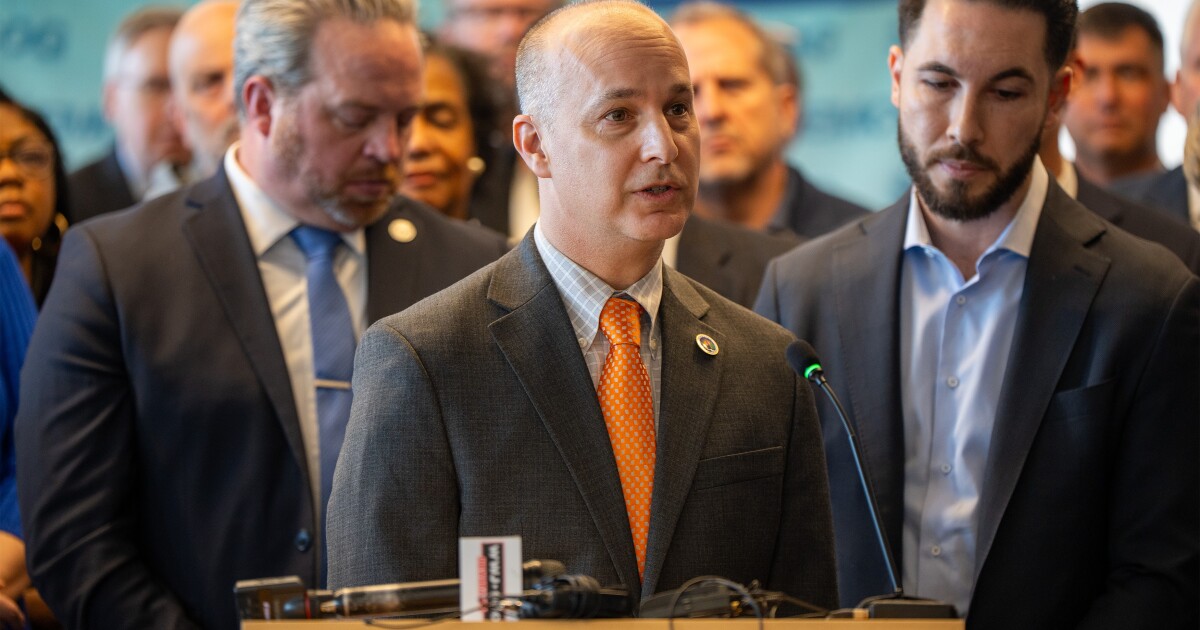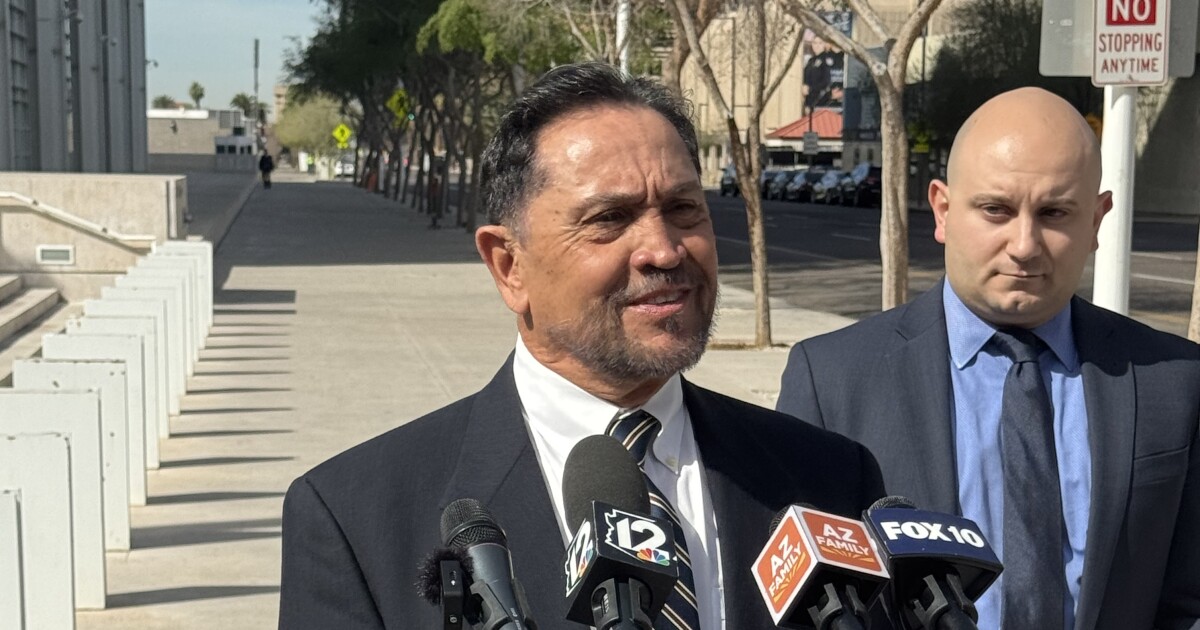WIC Program Faces Uncertainty Amid Government Shutdown
As the federal government shutdown continues, the Women, Infants, and Children (WIC) program, a crucial resource for low-income families, hangs in the balance. The program, which supports families with nutritional needs, could see a significant disruption if Congress does not act quickly.
Gia, a two-year-old diagnosed with Hirschsprung’s disease shortly after birth, relies on WIC for essential probiotic yogurt. Her mother, Esparanza, shared that her husband’s job barely covers their rent, making WIC an indispensable resource for their family. “Without it, I don’t know,” Esparanza stated, emphasizing the program’s importance.
WIC offers Arizona’s low-income families monthly food assistance, nutrition education, and breastfeeding support. According to official data, about 153,000 mothers and children in Arizona benefit from this program. However, with congressional funding lapsing on September 30, the program’s future is uncertain.
Governor Katie Hobbs’ office has indicated that Arizona’s remaining funds for WIC will deplete by the end of October. Liliana Soto, the governor’s press secretary, mentioned, “The Governor’s Office is actively exploring state funding options… But if Congress doesn’t fix this, and we can’t cover the gap, the program will pause indefinitely.”
Nationally, a $150 million USDA contingency fund is currently sustaining the program, but this is expected to last only a couple of weeks, according to Kate Scully, deputy director for WIC at the Food Research and Action Center. She noted, “In the short term, there is enough funding. But what happens in the future, we don’t know.”
The White House proposed using tariff revenue to fund WIC during the shutdown, although congressional approval is necessary for this measure. In the meantime, Arizona’s WIC clinics remain operational, and participants can continue using their benefits at authorized stores.
January Contreras, executive director of Children’s Action Alliance, stressed the urgency of reauthorizing WIC funding, saying, “We can’t allow moms and babies to go hungry.” She pointed out that local food drives and donations could serve as temporary relief if WIC funding freezes.
The program, established in 1972, aims to combat malnutrition among pregnant women, infants, and young children. As states grapple with potential funding shortages, they may face difficult decisions, such as suspending new enrollments or prioritizing certain age groups.
In Arizona, the Department of Health Services manages WIC, distributing funds to county health departments and federally qualified health centers. Jennifer Chancay from the Pima County Health Department expressed uncertainty about how long their clinics can operate during the shutdown.
Some states, like Colorado, are already seeking emergency funding to continue the program, while others, such as Washington, may have to suspend it soon. As Esparanza’s WIC benefits recently lapsed, she worries about renewing them, especially after her daughter Gia contracted E. coli from a clearance-sale yogurt, adding to their financial burdens.
Taelor Keyonnie-Begay, another WIC participant, relies on the program for her family in the Navajo Nation. Living in a rural area, she notes the challenges of accessing fresh produce, highlighting the vital role WIC plays in supporting her family.
For further updates on this evolving situation, please visit Cronkite News.
—
Read More Arizona News









